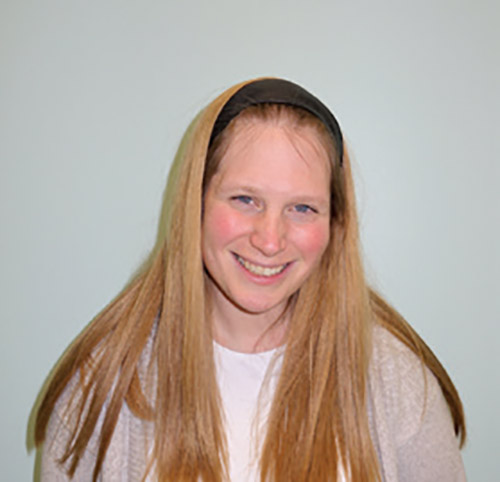
Although the holiday of Chanukah is now behind us, there is a crucial lesson that the Gemara teaches in one of the sugyot that applies far beyond the details of how to observe that holiday. In discussing the halacha of whether or not one has to relight a candle that has blown out, the Gemara (Shabbos 21b) concludes: “Kavta eino zakuk la,” meaning if the candles go out, you are not required to relight. We are then told that at first, Abaye did not accept this as the halacha, and that it was only after Ravin came from Eretz Yisrael with the testimony that the chachamim accepted this opinion (as it was attributed to Rebbe Yochanan) that he was willing to accept it as the halacha as well. The Gemara then states that Abaye was upset that he had not learned this halacha as a younger man. (Gemara courtesy of sefaria.org)
“Then Abaye said regretfully: Had I merited, I would have learned this halacha from the outset. The Gemara wonders: Didn’t he ultimately learn it and accept it? What difference does it make from whom and at what point he learned it? The Gemara answers: The practical difference is with regard to knowledge acquired in one’s youth, which is better remembered.”
Rashi explains this passage by writing that “girsa d’yankuta,” the learning that one acquires in their youth, is able to withstand and to last far longer than that learned later in life. Abaye only wishes that he would have learned this halacha as a younger man so that it would be able to permeate his intellect and become part of the fabric of his being.
I believe that Abaye’s emphasis on the importance of “girsa d’yankuta” has ramifications beyond the immediate discussion of this halacha in this passage in the Gemara. For too long we in both the Jewish and the broader American communities have viewed education of our youngest children as a form of “babysitting plus.” Now, however, we realize how essential these years truly are. The ability to form relationships, to ask questions, and to navigate the world around us are all formed in these crucial years. While it is true that learning is a lifelong endeavor, there is something about the “girsa d’yankuta” years that can never be replaced. Abaye’s regret teaches us a critical lesson about what it means to be a learner, and what it means to be a Jew.
Several years ago, when my family and I lived in the Five Towns, I had the privilege of hearing Professor Lawrence Schiffman of NYU speak on the topic of “Education and Communal Priorities.” In the packed sanctuary of our shul, Congregation Beth Sholom, Professor Schiffman answered any and every question that the audience threw at him. One congregant posed the following question: “Which, in your expert opinion, are the most crucial years for Jewish education?” In other words, although we all know that a proper, rigorous education is essential, which years are an absolute must, totally non-negotiable for a Jew to live a proper 21st-century Jewish life? Professor Schiffman answered that he had been asked this question many times. He remarked that the audience usually expected him to say high school, or post-high school yeshiva or seminary. This is because those years are when young adults are taught Torah on its most sophisticated level, and, as a result, this is the best time for them to form the religious identities that they will carry through their adult lives. However, as important as these years are, he still believed that the most crucial years of Jewish education were those of “girsa d’yankuta.” This, he said, were where you truly learned how to be a Jew—to recite Shema and to say brachot, and how to live a life of midot. Intellectual sophistication was essential, but without the foundation of “girsa d’yankuta” it is doomed to fail.
Although Chanukah only lasts eight nights, its lessons sustain us throughout the year. May Hashem give us the ears to hear its teachings and the courage to live according to them.
By Shani Skydell
Shani Skydell is the early childhood director at RYNJ.










